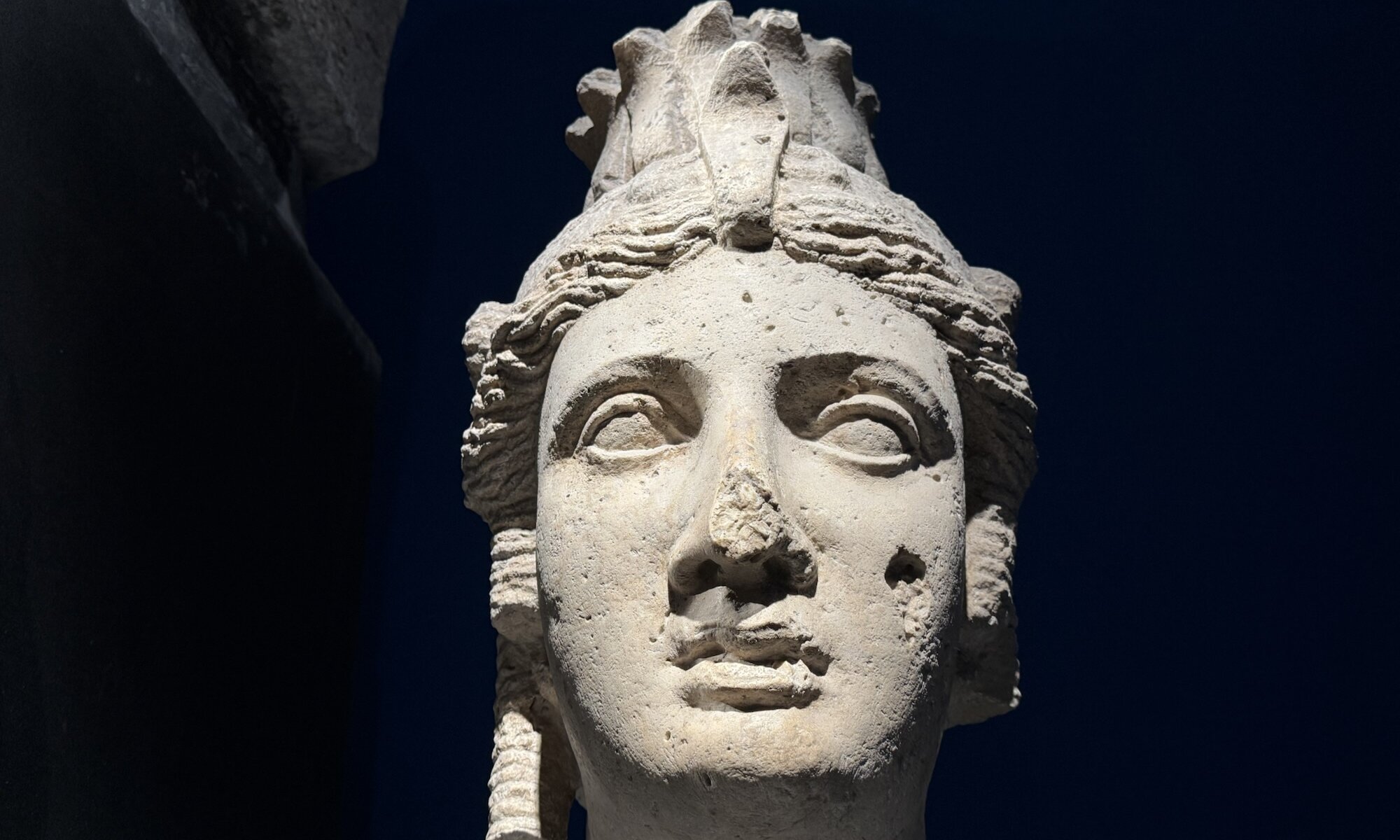Cleopatra VII Philopator remains one of the most compelling figures in ancient history, a woman whose life was marked by political genius, personal charm, and immense cultural influence. Born into the Ptolemaic dynasty, she inherited a kingdom divided by internal strife and weakened by Roman interference. Unlike many of her ancestors, Cleopatra consciously embraced Egyptian traditions, learning the language and associating herself with the goddess Isis to strengthen her legitimacy. Her reign was marked by efforts to stabilise the economy, maintain Egypt’s independence, and balance between the ambitions of Roma’s competing leaders.
Her encounter with Julius Caesar in 48 BC became one of history’s turning points. After being exiled due to palace intrigue with her brother Ptolemy XIII, Cleopatra was famously smuggled into Caesar’s quarters in الإسكندرية, wrapped in a carpet to plead her case. The meeting evolved into a partnership that was both political and deeply personal. With Caesar’s support, she regained the throne and bore him a son, Caesarion, whom she hoped would unite Egyptian and Roman lineage. Their alliance, however, tied Egypt’s fate ever closer to the destiny of Roma.
After Caesar’s assassination, Cleopatra deftly navigated the chaos that followed by aligning herself with Mark Antony, one of the most powerful Roman generals. Together they sought to consolidate control over the eastern provinces, but their ambition provoked the resentment of Octavian, the future Augustus. The ensuing conflict ended with their defeat at the Battle of Actium in 31 BC. Facing inevitable conquest, Cleopatra chose death over humiliation, committing suicide in 30 BC in a gesture that has echoed through centuries as the ultimate act of defiance and dignity.
Cleopatra’s significance for Egypt extends far beyond her dramatic end. She represented the final flowering of pharaonic rule, melding the ancient traditions of her land with the cosmopolitan reach of the Hellenistic world. Under her reign, الإسكندرية remained a beacon of scholarship, trade, and art, bridging continents and cultures. Even in death, Cleopatra’s image endures as both a symbol of female power and the twilight of an empire that had once dazzled the world with its grandeur and intellect.
Cleopatra VII Thea Philopator
Egypt
Loading map...


